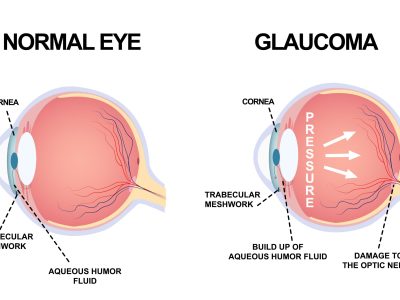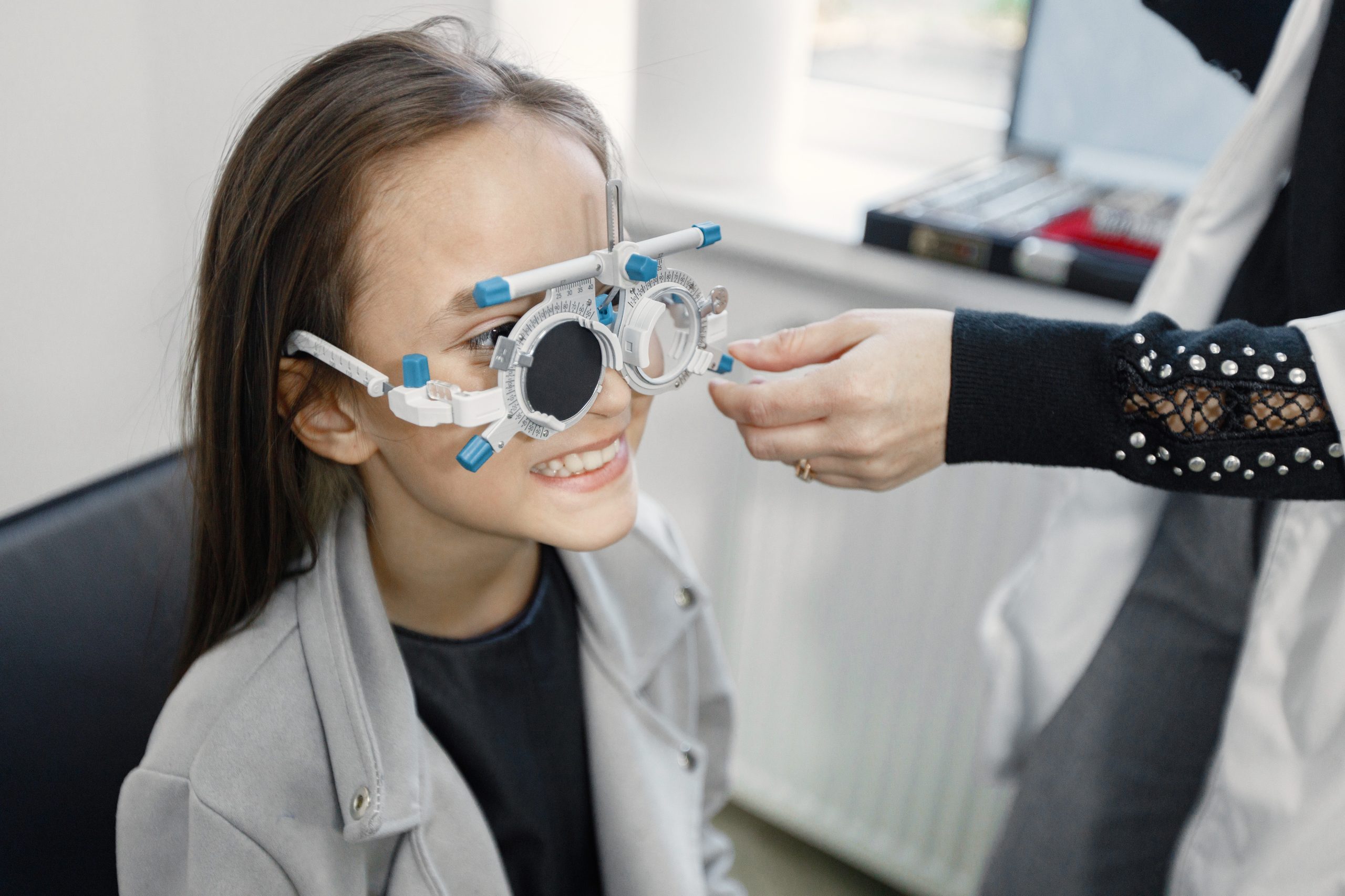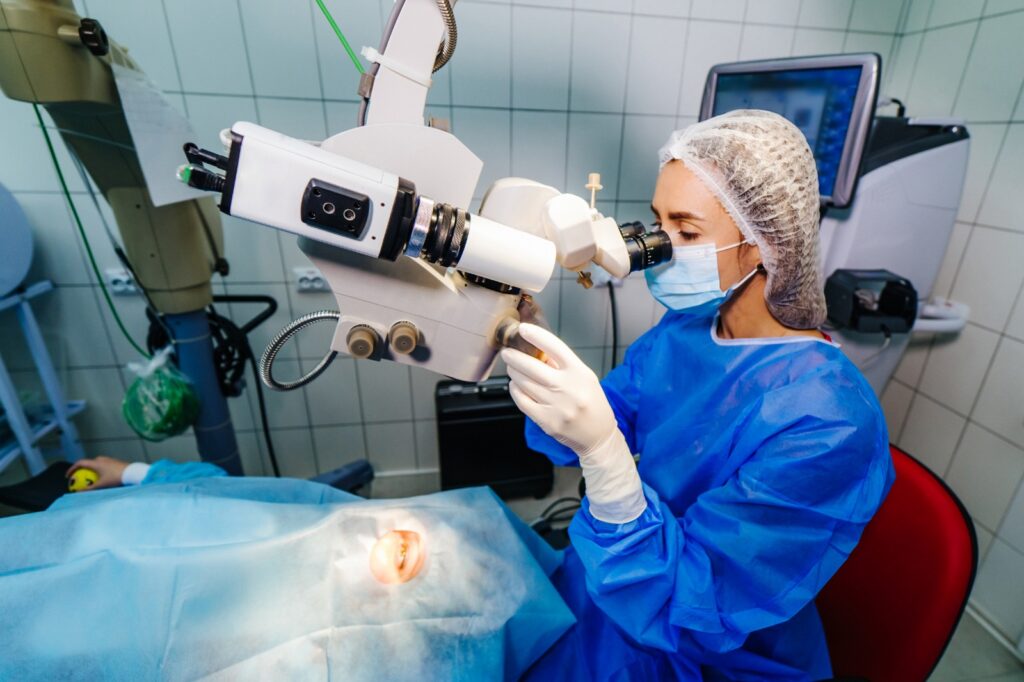Glaucoma Prevention For Different Age Groups
- Glaucoma Prevention
- Different Age Groups
- Regular Screenings
We will be sharing valuable insights on glaucoma prevention tailored for different age groups. From young adults to seniors, understanding and adopting preventive measures is crucial for maintaining optimal eye health.

Glaucoma Prevention Tips:
Here are some glaucoma prevention tips:
- Young Adults (18-30 years): While glaucoma is more commonly associated with older age, proactive steps in your younger years can contribute to a lifetime of healthy vision. Regular eye exams every 2-3 years can help detect early signs of glaucoma. Additionally, maintaining a healthy lifestyle that includes a balanced diet, regular exercise, and avoiding smoking can contribute to overall eye health.
- Adults (30-50 years): As you enter your 30s and 40s, the risk of glaucoma increases. Schedule comprehensive eye exams every 1-2 years to monitor any changes in your eye health. Be mindful of conditions that may affect eye pressure, such as hypertension or diabetes, and work with your healthcare provider to manage these effectively. Consider discussing family history with your ophthalmologist, as a genetic predisposition can influence your glaucoma risk.
- Seniors (50+ years): The risk of glaucoma significantly rises with age, making regular eye exams crucial. Seniors should have comprehensive eye check-ups at least once a year. Stay vigilant about any changes in vision, such as difficulty adjusting to low light or a reduction in peripheral vision, as these can be early signs of glaucoma. Proper management of other health conditions, such as high blood pressure and diabetes, is essential to minimize the risk.

Glaucoma Prevention Tips:
Here are some glaucoma prevention tips:
Lifestyle Measures for All Ages:
a. Eye-friendly Diet: Incorporate foods rich in antioxidants, vitamins A, C, and E, and omega-3 fatty acids. These nutrients support overall eye health and may contribute to glaucoma prevention
b. Regular Exercise: Physical activity promotes healthy blood flow, including to the eyes. Aim for at least 150 minutes of moderate-intensity exercise per week.
c. Eye Protection: Wear sunglasses with UV protection outdoors to shield your eyes from harmful sun rays. Use protective eyewear when engaging in activities with the potential for eye injury.
d. Regular Screenings: Stay informed about your family’s eye health history, as genetics can play a role in glaucoma. Communicate this information to your eye care professional for a more comprehensive understanding of your risk.

Preventing glaucoma is a shared responsibility that spans across all age groups. By adopting a proactive approach to eye health, including regular check-ups, healthy lifestyle choices, and protective measures, you can significantly reduce the risk of developing glaucoma and preserve your vision for years to come. Remember, early detection and intervention are key, so prioritize your eye health today for a brighter and clearer tomorrow.
Recent Post
Dr. Anagha Heroor: Cornea Specialist in Thane
Cornea specialist in Thane, Dr. Anagha Heroor, has a rationale of treating patients with empathy, accurate identification, and vision restoration. Light…
Why is Macular Degeneration Surgery in Kalyan Rising?
Macular degeneration surgery in Kalyan is being recognized as a great place for advanced surgery, a condition that is becoming increasingly…
How to Pick the Best Hospital for Laser Eye Surgery in Badlapur
Best hospital for laser eye surgery is a term that many people in Badlapur search for when they are considering enhancing…








